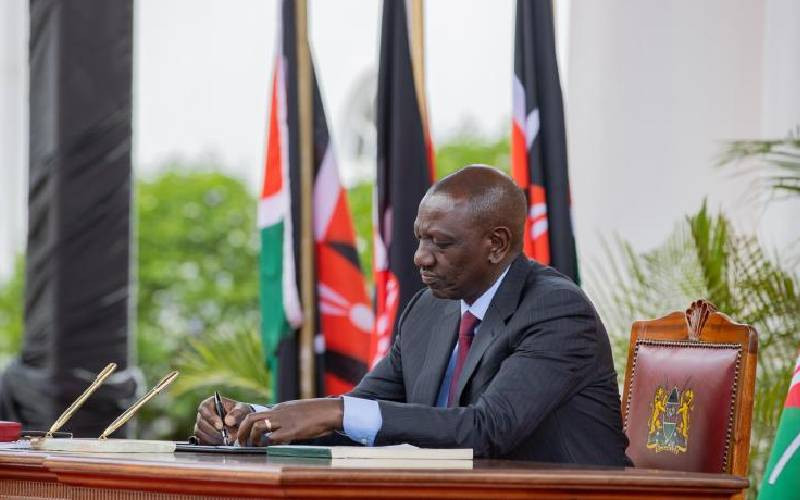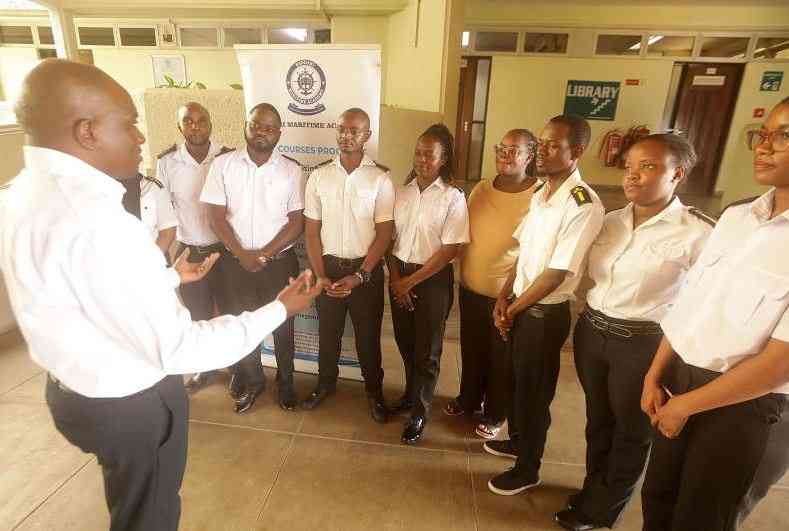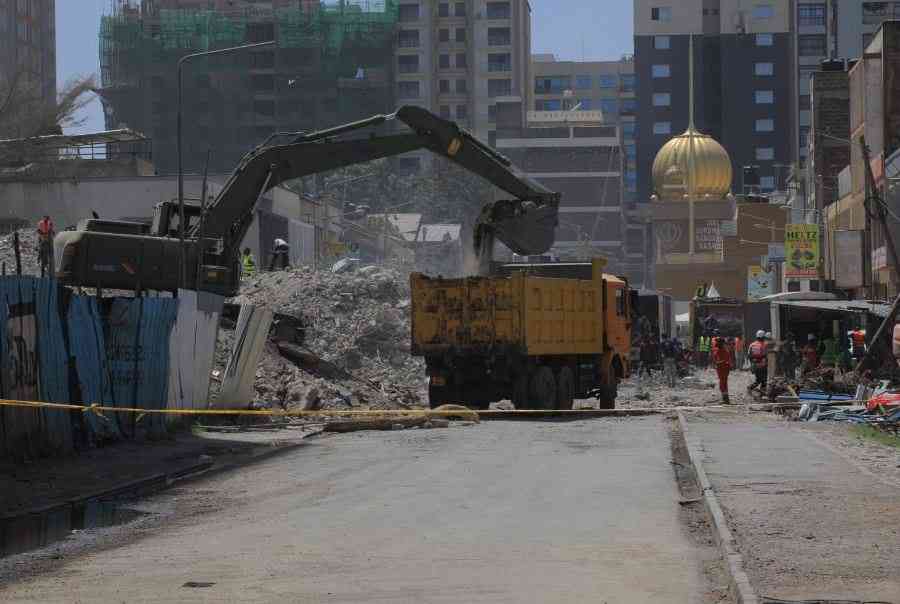×
The Standard e-Paper
Home To Bold Columnists

It doesn't matter how often the Ruto administration brushes off Kenya's cost of living debate with the coined language of "we are subsidising production, not consumption; we are growing maize.
The Kenya National Bureau of Statistics (KNBS) Consumer Price Index shows that inflation is falling" and the other jazz Kenyans say belong to "jaba".

